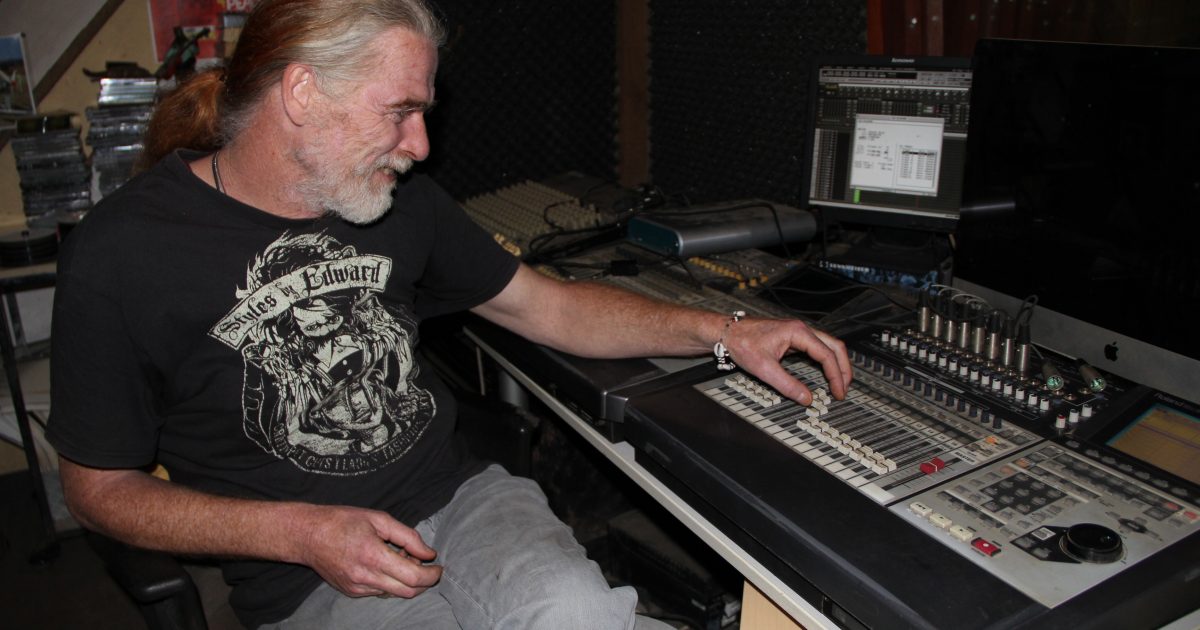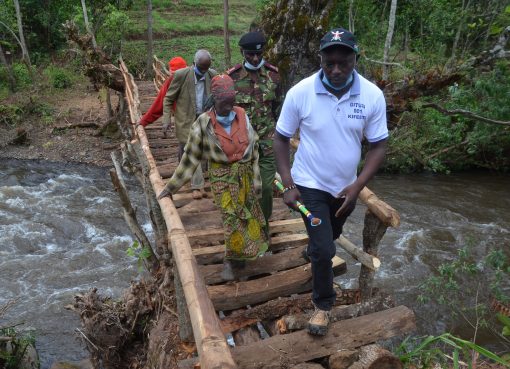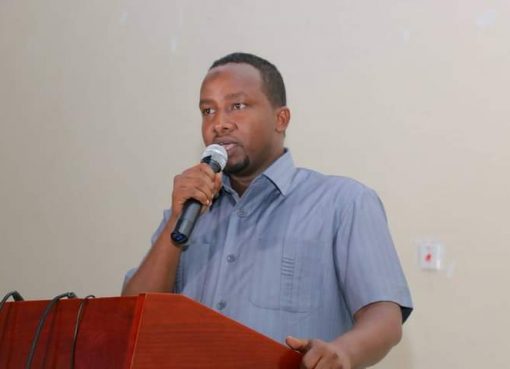Over years, music has played an immense role in educating society on diverse life issues.
In instances such as the Covid-19, Ebola, HIV and AIDS pandemic, Artists in creative industries all over the world burn midnight oil in finding ways in which to inform and educate people about such killer diseases.
A 55-year-old missionary, who first came to Kenya in 1996 as a tourist, narrates how he ended up setting an underground live recording music studio at Likii Estate in Laikipia East Sub-county.
Joost Kappe, who is a sound engineer and music fanatic, says that with the basement studio they were able to reduce noise pollution and produce quality records at the same time.
“Many studios in Kenya are built in residential houses which is not ideal. Guaranteed, you will get in trouble with your neighbours, especially when you start playing drum kits. Outside noise can spoil your recording. We need silence, quietness and the most affordable way was to build an underground studio,” Kappe says.
The studio focuses on live recording for local and international musicians.
“In this studio, we do live recording and this basically means I don’t make music beats. I want people to be in charge of their music,” he says.
Kappe says when they first came to Kenya from Holland with his wife for holiday, they were fascinated with the scenic landscapes and wildlife preserves.
“We came for holiday, my wife and I, hiked Mount Kenya and we liked Kenya a lot. Later, we went back to Holland,” Kappe says.
“We felt nostalgic for Kenya. Saved money for about four years and came back to Nanyuki for a year and bought this land where the studio sits,” he says.
In 2004, Kappe started building ‘B’Ware studio which was launched by the then Dutch Ambassador to Kenya.
“We were thinking a lot on what to do in Kenya because we wanted to contribute something and through that, we got in touch with a religious project in Oyugis, which gave us an idea to do something with the HIV and AIDS, which was rampant then,” he says.
He says, after a thorough consultation with the family they were prompted to use music as a weapon to fight the virus which was claiming many souls.
“At the time, HIV and AIDS was rampant and we decided to use music in campaigns and awareness against the deadly virus,” Kappe says.
Kappe challenges musicians to be original when producing their content as a way of attaining international standards.
“If music cannot touch your heart, then it has lost its purpose. Music has to talk about something that is touching. By sharing your personal message, you can reach a lot of people. Being a musician, it is not about writing words in a book and singing. You have to learn using all music instruments,” he says.
He notes, the majority of creative industry artists are suffering due to the increase of piracy in the sector which is slowly killing the sector.
“Things are pretty tough, musicians do not have money. It’s hard to keep equipment working,” he says.
He further says with the Covid-19, the music industry was brought to a halt.
“With the Covid-19, there were no events, and my career was put into a limbo. We do not know when this pandemic will end,” he says.
He lauds the government for introducing the Competency Based Curriculum (CBC) of education, saying it will nurture children at a tender age.
Kappe prides himself of having had a privilege to work with renowned music artists including, Moipei Quartet also known as Kenyan angels, Eric Wainaina, Kenya Boys Choir, Mighty Kingkong and many others.
Last year President Uhuru Kenyatta, through an Executive Order injected a Sh.100 million stimulus package to cushion those in creative industry during the Covid-19 period.
By Muturi Mwangi





